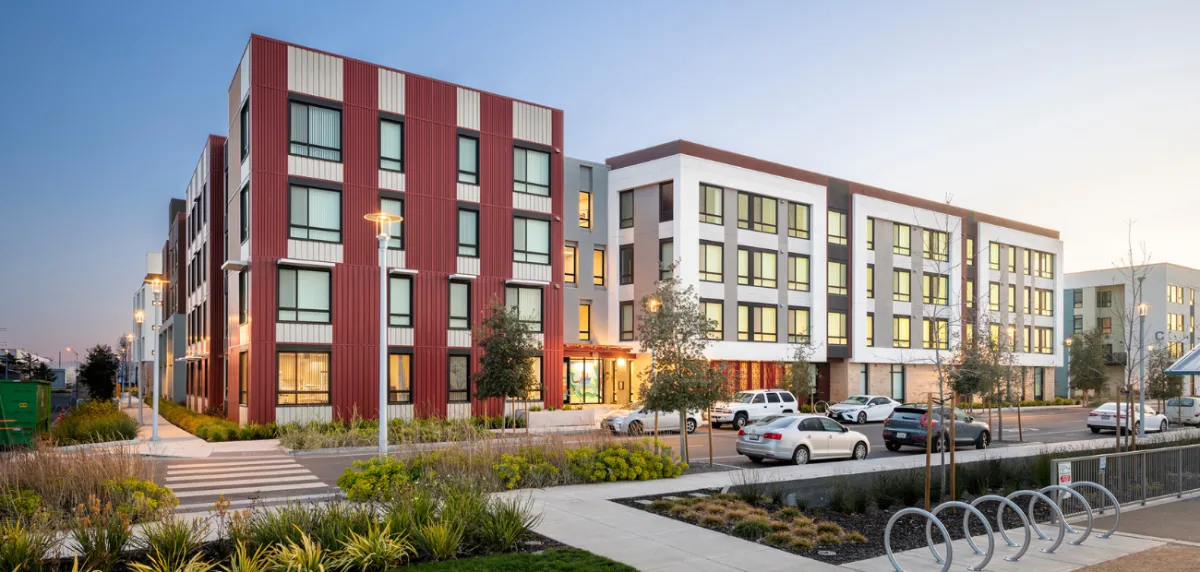The migration of renters and employees has begun affecting office tenants, causing many employers to relocate to suburban markets as well.
As multifamily rents in core markets have continued to climb, investors, office tenants and residents alike have turned their attention to secondary markets. According to JLL’s Investment Outlook report, secondary markets accounted for 50 percent of all U.S. office transactions last year, due to slowing demand and oversupply of product in core markets.
Renters
The San Francisco Bay Area, home to many of the top performing tech companies in the U.S., boasts some of the highest rents in the country. Several cities throughout the Bay Area were ranked in the top 10 for rent increases in 2017. San Francisco continues to lead the nation with an estimated median rent of $4,000 per month.
With easy access to several public transit options, many employees of San Francisco-based companies are opting to commute from suburban neighborhoods just outside of the city to avoid peak rental rates. These outlying cities offer not only a lower cost of living, but often a higher quality of life than the overpopulated urban cores. They provide access to the cultural attractions and other amenities of the city, as well as recreational options of their own, such as new, hip restaurants, without the crowds, clutter and traffic.
Tenants
The migration of renters and employees has begun affecting office tenants, causing many employers to relocate to suburban markets as well. Secondary markets offer a strong value alternative, allowing employers to retain and attract top talent, while paying less rent.
This is especially true for cities with a strong tech presence in addition to a broad variety of service industry opportunities. Tech companies lead the office market overall, and are the driving force behind the demand for open and collaborative workspaces. Because these secondary markets tend to be less saturated and offer more square footage, they are able to accommodate the “live, work, play” dynamic that these office tenants are looking for.
Investors
Because office employment in secondary markets is rapidly increasing, demand for office space is driving investor interest in those markets. Residents are seeking lower rents, while investors hope for higher yields and more product availability. Outlying markets offer much more available office product at a lower rate.
For example, Olive Hill Group strategically acquired an office property, The Courtyard, located in the Culver City submarket of Los Angeles, to capitalize on the growth of the tech-focused tenants in nearby Silicon Beach. By transforming that asset into a creative office space, we met the demands of emerging tech start-up companies and provided an alternative to the more expensive offices in Playa Vista.
According to a report by CBRE, investor appetite for assets in secondary markets has continued to increase for the fourth consecutive year. By acquiring office space in these gateway markets, investors obtain the same quality product and tenants at a lower cost, higher returns and better cap rates.
Conclusion
Many major metropolitan areas are still experiencing high levels of construction, which may eventually lower rents and reinstate the balance of supply and demand. While investors certainly need to be aware of the shift occurring, certain core markets will likely remain unaffected.
That said, office investors that focus on emerging submarkets will have an easier time finding attractive investment opportunities and won’t be impacted by the oversaturation we see in some urban cores. The office sector overall remains a strong contender for investors, and we project that secondary markets will continue to gain traction through 2018.
SOURCE: National Real Estate Investor











